Main Theme: Ecohydrology for Water Security: Climate and Green Finance, Catchment Management and Biodiversity Conservation
May 26th – 30th, 2025: National Carbon Monitoring Centre - Sokoine University of Agriculture, Tanzania
The 8th International Training on Ecohydrology was conducted between May 26th and 30th, 2025. This event took place at the National Carbon Monitoring Centre (NCMC), Sokoine University of Agriculture, Morogoro. After the opening ceremony, trainees and facilitators posed for a group photo (Figure 1).
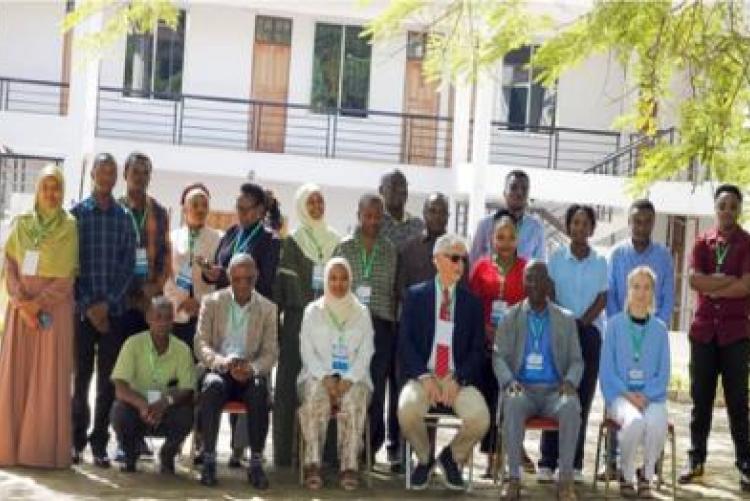
Figure 1: Group photo of trainees and facilitators
Key partners in this event were: Sokoine University of Agriculture Tanzania, UNESCO Chair on Ecohydrology: Water for Ecosystems and Societies - University of Algarve Portugal; Forest Sunset Hotel, Morogoro Tanzania, UNESCO Chair on Interreligious and Intercultural Dialogues, Water Sciences, Natural Resources and Ecosystems - ST. Andrew’s College of Arts, Science and Commerce, Bombay India.
On the other hand, while facilitators were from Tanzania, Portugal and United Kingdom, trainees comprised of researchers and civil servants from Tanzania, Liberia, Uganda, Democratic Republic of Congo, Rwanda and Mozambique.
An overview
Our world faces many major environmental problems that cause degradation and reduction of water-related ecosystem services. Global sustainable development reports have pointed out the urgent need to manage how natural resources are extracted from global commons and how the resulting waste is managed. Access to safe and sustainable water sources is a critical global challenge, with over 2 billion people living in water stressed countries. There is a tremendous increase in pressure on water resources arising from various drivers such as land use change, climate change (CC) and variability, rapid urbanization, biodiversity loss, watershed alteration, water and air pollution, deforestation and the growing demands on both surface and groundwater resources.
In recent years, CC has posed a serious threat to human beings and to the environment. Degrading water catchment areas is a phenomenon that the World is increasingly facing, calling for new solutions. Biodiversity loss and CC pose tremendous challenges to our planet and its people. Hundreds of millions of people are already exposed to the effects of biodiversity loss and CC. Restoring nature can help people to adapt by providing water, food and other ecosystem services that support livelihoods, whilst also providing protection against extreme weather events. Thus, the nexus between Ecohydrology, climate finance, catchment management and resilience to CC is crucial for ecosystems restoration and sustainable supply of water-related ecosystem services.
Objective of the training
To build the capacity of young and emerging scientists on Ecohydrology, climate and green finance, catchment management and nature-based solutions (NbS) for sustainable flow of ecosystem services and biodiversity resilience to the changing climate and climate variability.
Training content
This 8th training comprised of:
- Emerging Pollutants
- Ecohydrology for Water Security
- Zonation of Transboundary Biosphere Reserves
- Biochar- Bio Fertilizer Mitigate Agricultural Droughts
- Soil Water-Soil Microbiome-Plant Root Interactions Nexus Food System
- Ecohydrology: A science Approach to Restore and Improve Aquatic Ecosystems Heathy Functioning
- Ecohydrology for Water Security: Climate and Green Finance, Catchment Management and Biodiversity Conservation
- Landscape Based Climate Finance Contribution to Achieving Net Zero by 2050
- Wetland and the RAMSAR Convention
- Introduction to French Language for Beginners II
A total of 25 trainees (10 females and 15 males) comprising of BSc, MSc, PhD students from academic and research institutions, NGOs and the private sector attended this 8th Ecohydrology training.
Highlights of the training
This training was facilitated by Dr. Raphael Madege, Prof. Luis Chicharo, Ms. Alice Sparks and Dr. Emmanuel Japhet (Figure 2).
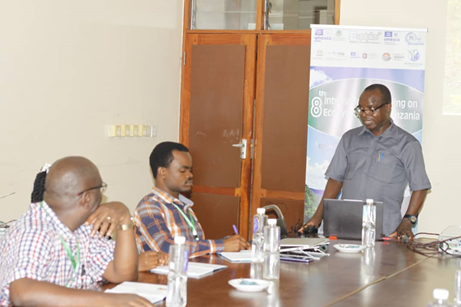

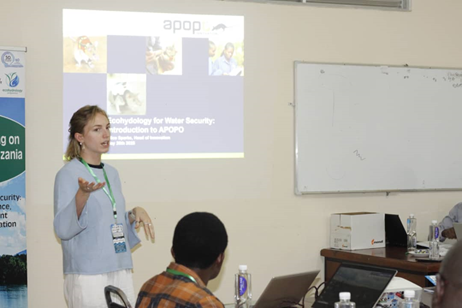

Figure 2: Facilitators presenting during the 8th Ecohydrology training
The training involved the sharing of experiences and lesson learnt from difference conservation activities. Trainees presented what they have achieved so far and future plans about conservation activities related to Ecohydrology nand NbS and green finance (Figure 3).
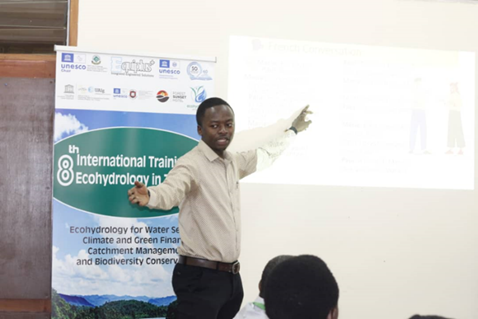
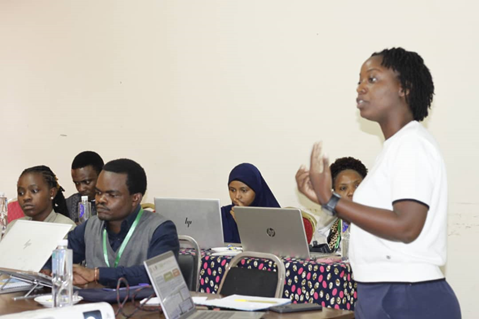
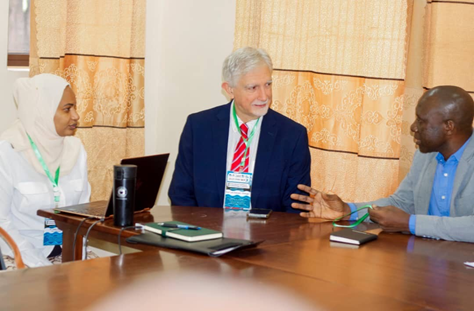
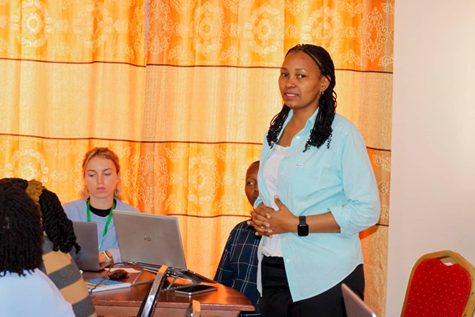
Figure 3: Facilitators and trainees sharing experiences and about conservation activities
On Novembe r 30, the Guest of Honor (Representative of NEMC Director General) who is the Zonal Manager Morogoro and Rufiji (Mr. Arnold Mapinduzi) officiated the closing ceremony of this 8th Ecohydrology training (Figure 4).
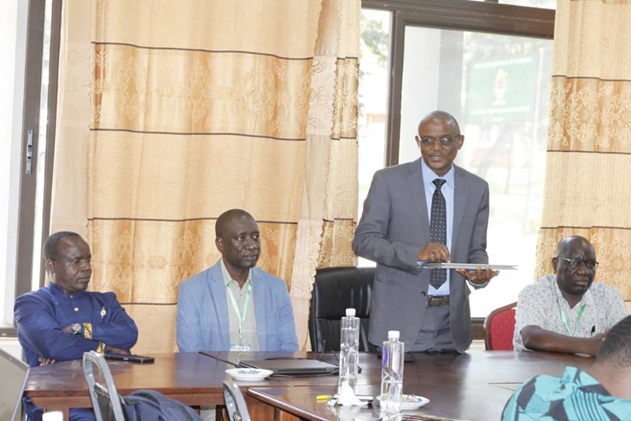
Figure 4: The Guest of Honor (Representative of Director General - NEMC) and Zonal Manager Morogoro and Rufiji (Mr. Arnold Mapinduzi) giving the closing speech.
Mr. Mapinduzi urged trainees to make use of Ecohydrology for enhancement of sustainable flow of ecosystem services. He said that the theme of this 8th training i.e. Climate Finance and Nature-based Solutions highlights crucial aspects of environmental management.
Furthermore, he said that “the combination of NbS and Climate Finance creates a powerful framework to mitigate climate impacts while ensuring ecosystem sustainability and biodiversity conservation. In this context Ecohydrology is considered as a new paradigm shift as Nature-based Solution for environmental sustainability as indicated in the training theme”. Thereafter, he certificates of attendance (Figure 5).
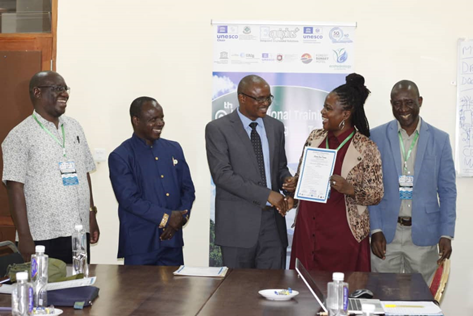
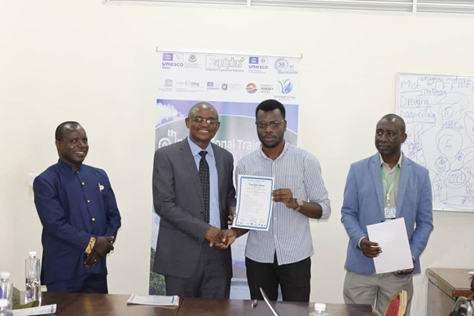
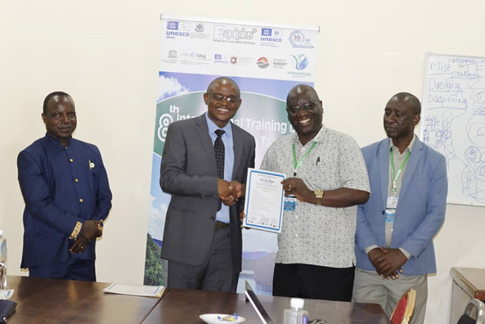
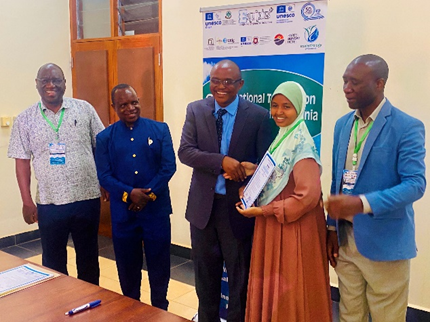
Figure 5: Mr. Arnold Mapinduzi presenting certificates during the closing ceremony
Below are some of the pictures of the 8th training (Figure 6)
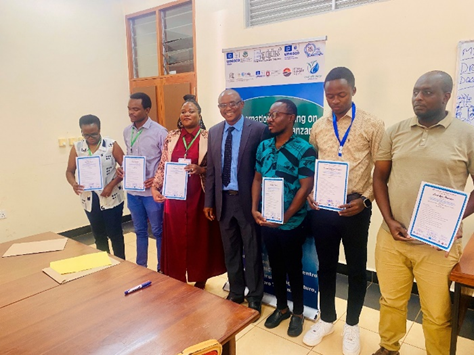
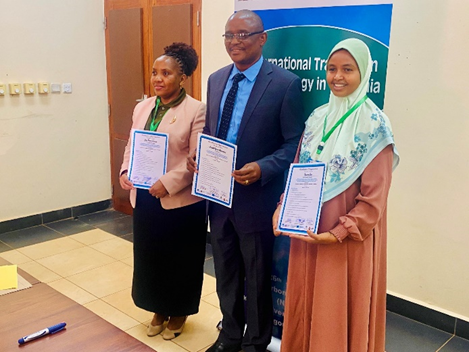
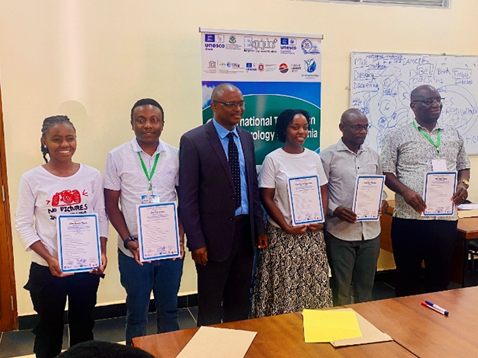
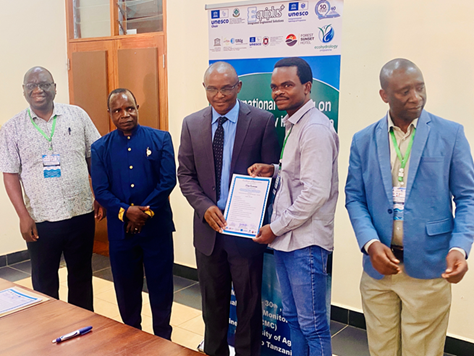
Figure 6: More pictures
Future plans
The next training is scheduled to take place in late November 2025 in Tanzania.
For more information, contact:
UNESCO Chair on Ecohydrology and Transboundary Water Management, Department of Geography and Environmental Studies, College of Natural and Applied Sciences, Sokoine University of Agriculture, IAGRI Building, Ground Floor, Office No 17, P.O. Box 3038 Morogoro TANZANIA
E-mail: lalika_2mc@sua.ac.tz; makarius.lalika@yahoo.com
WhatsApp: +255 754 201 306




